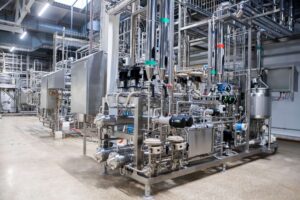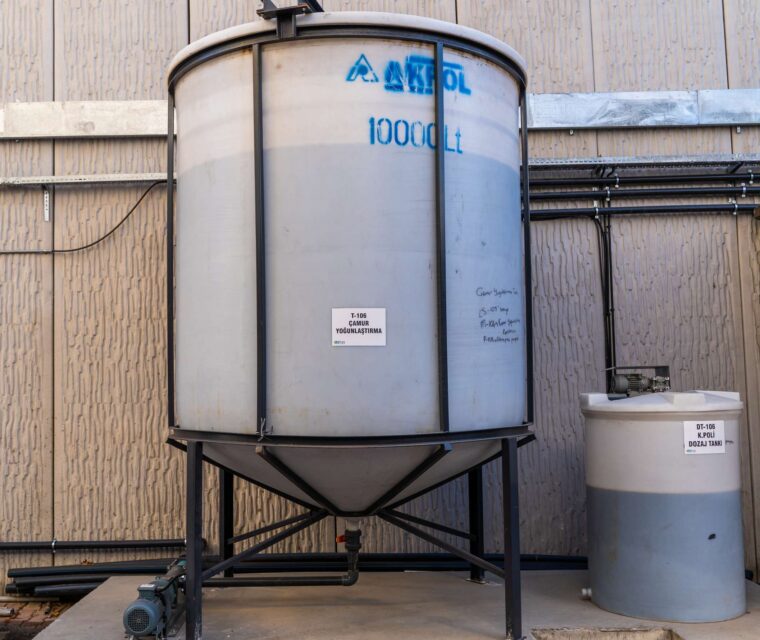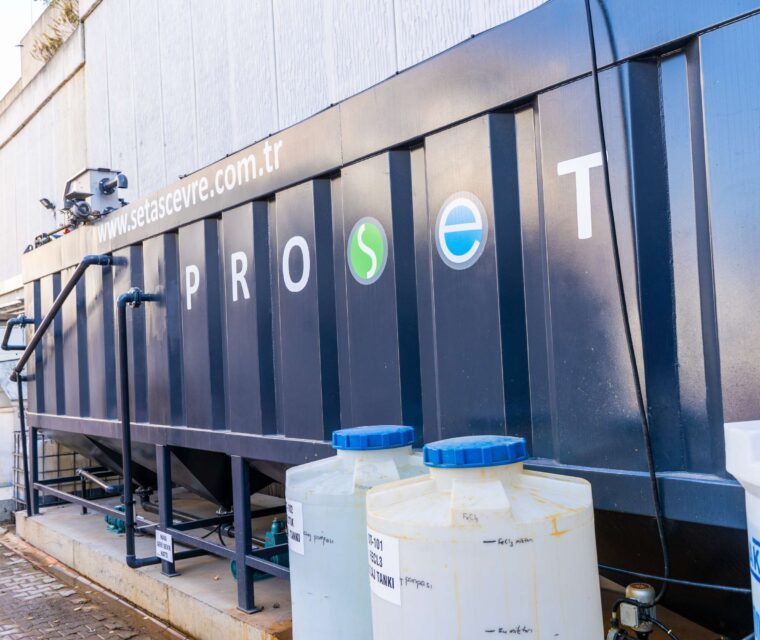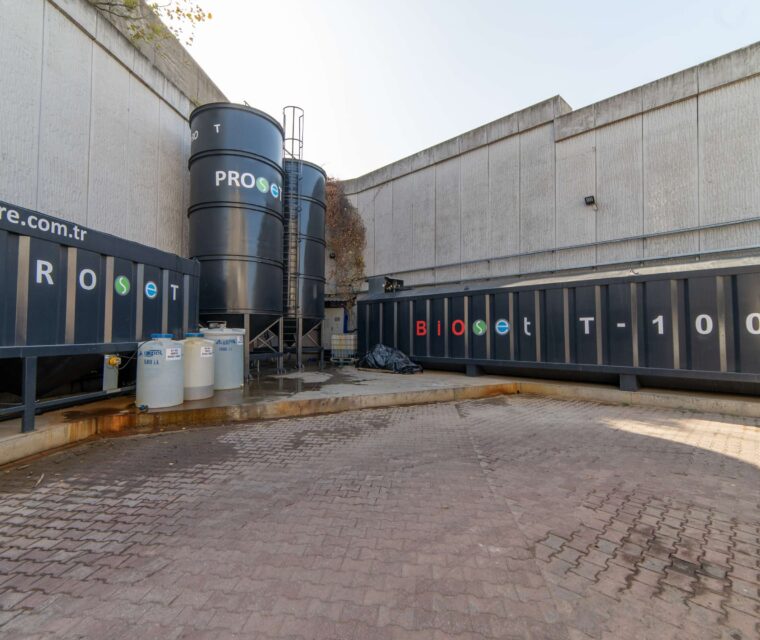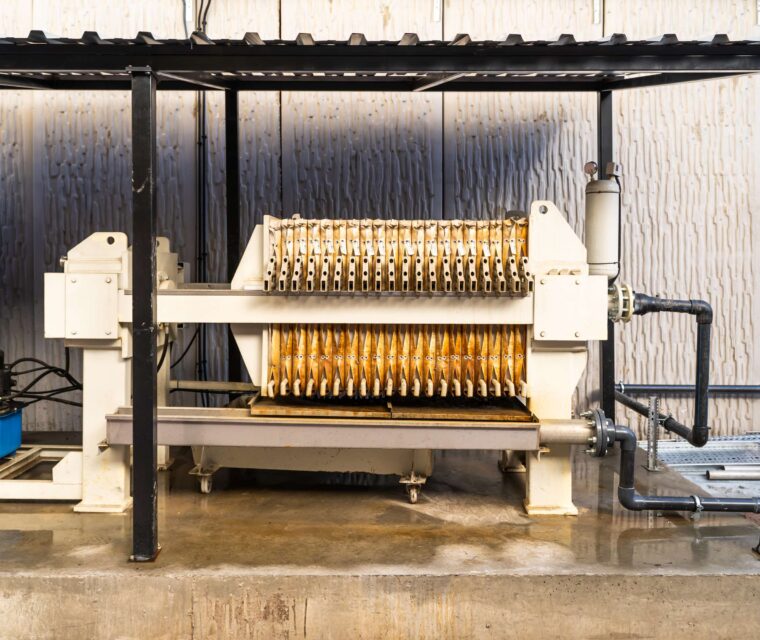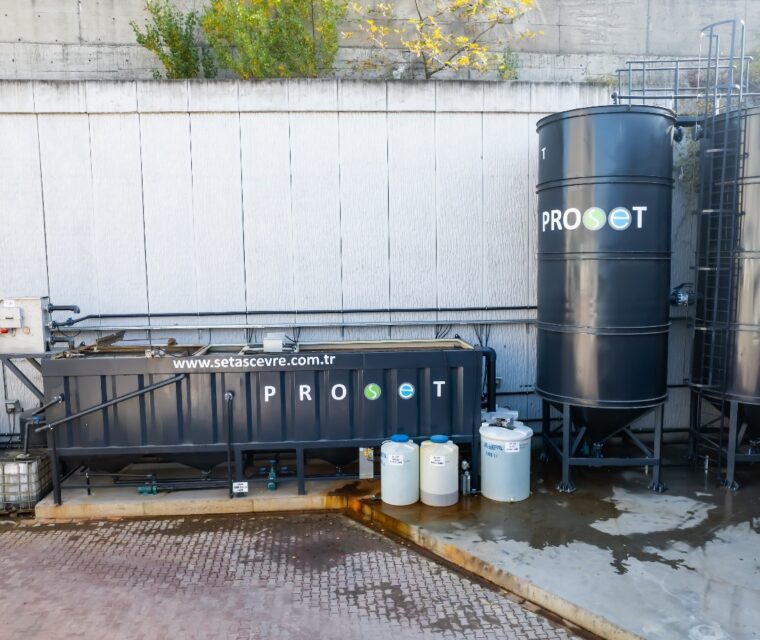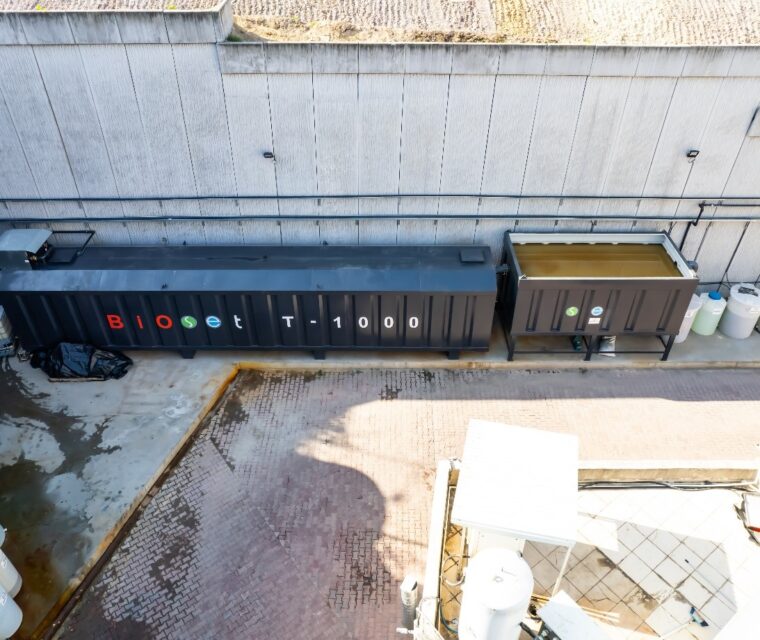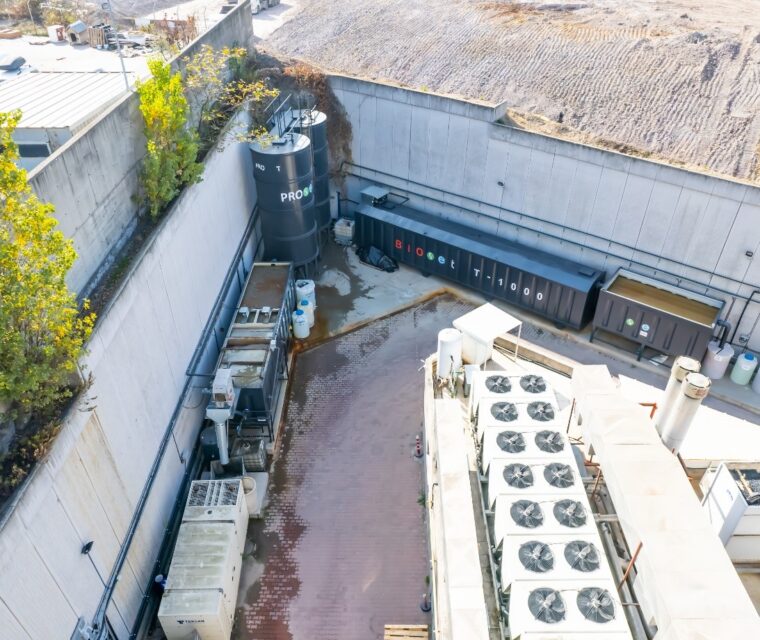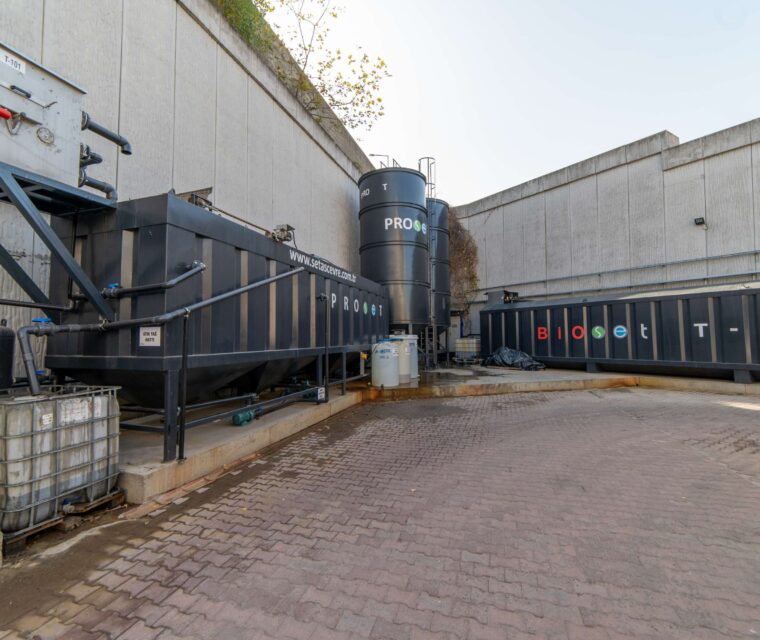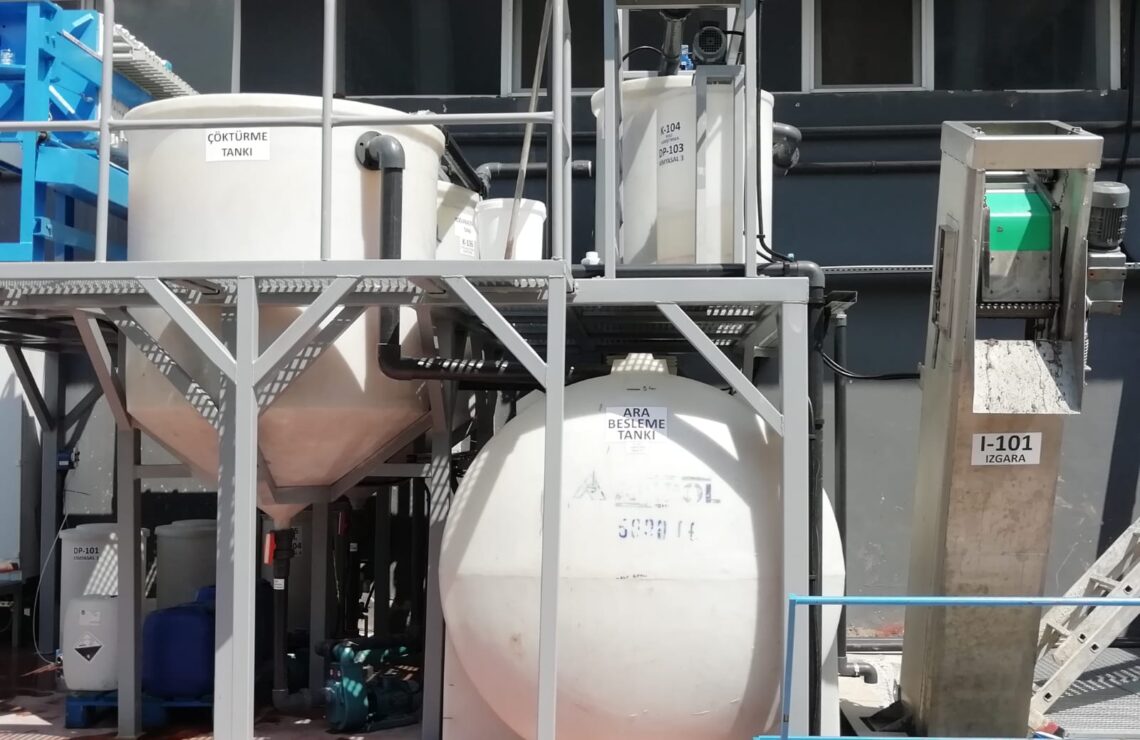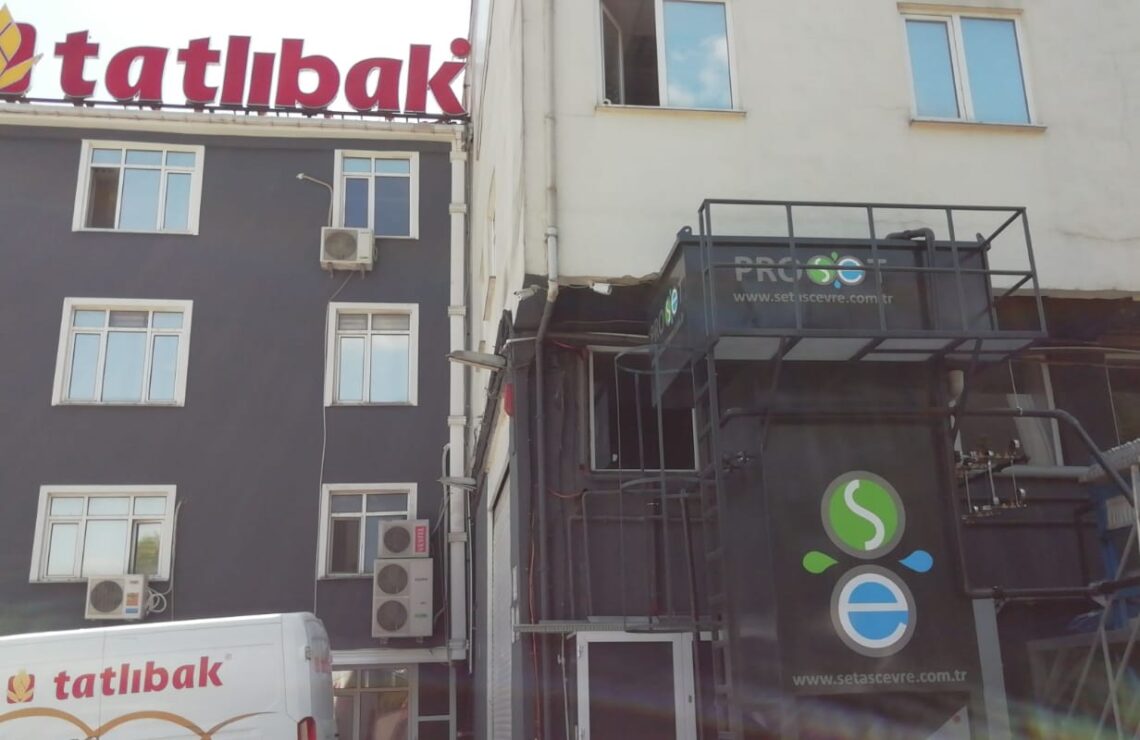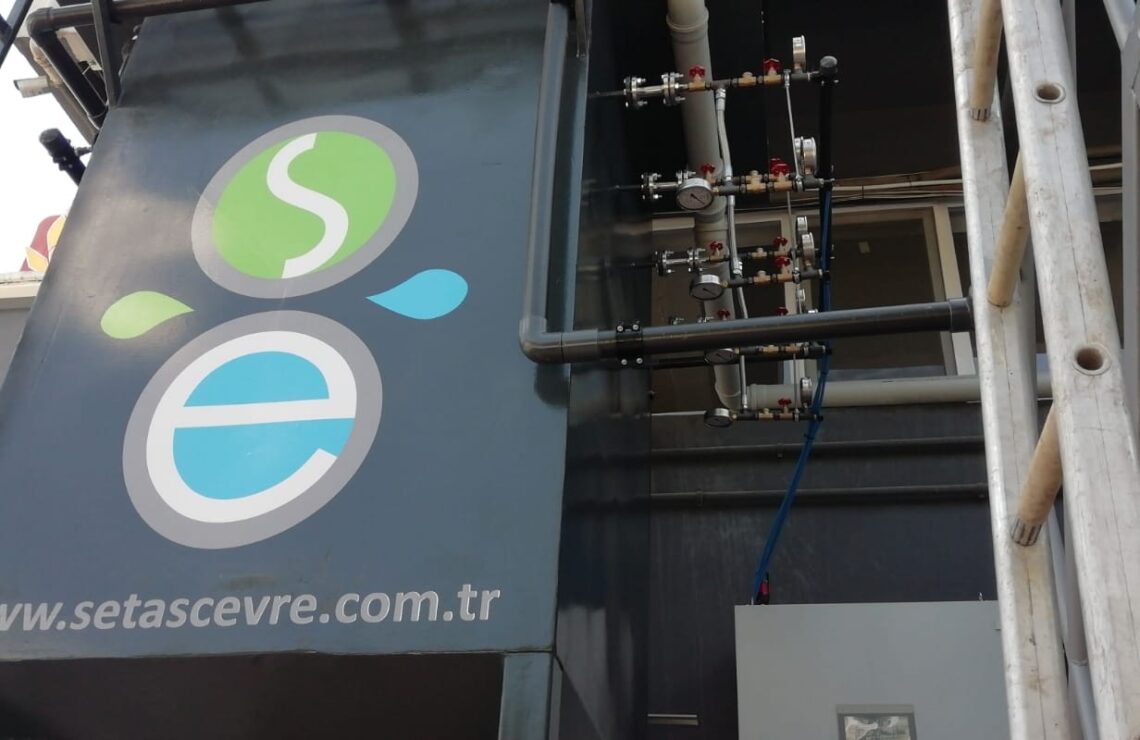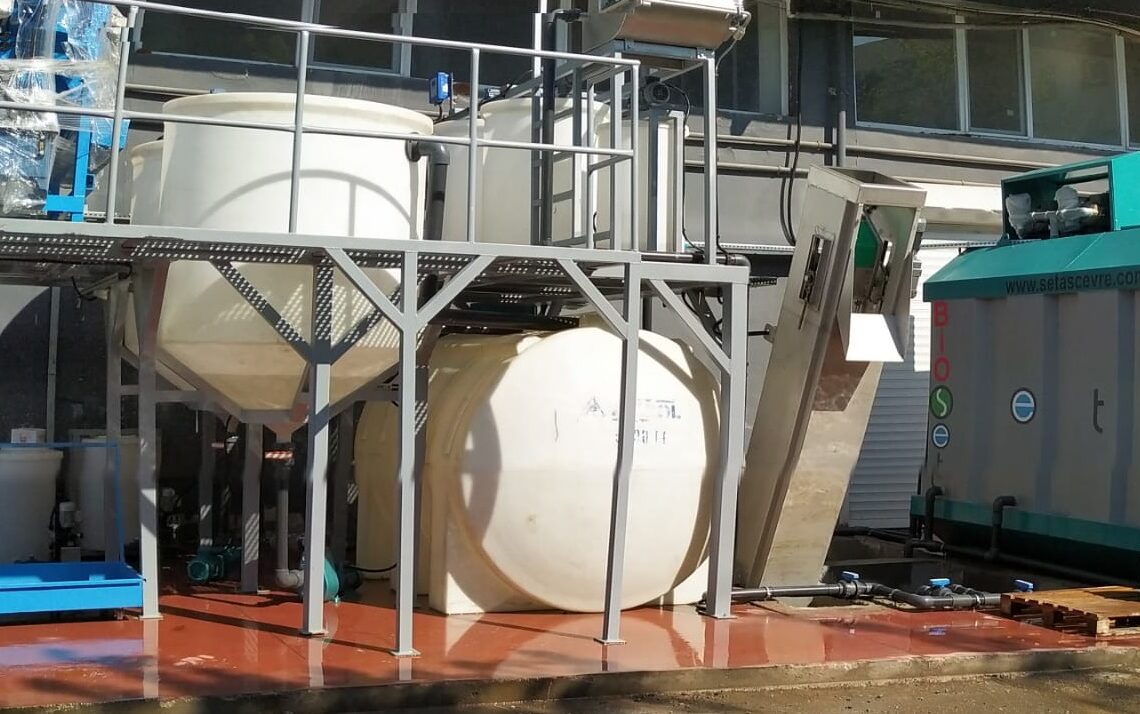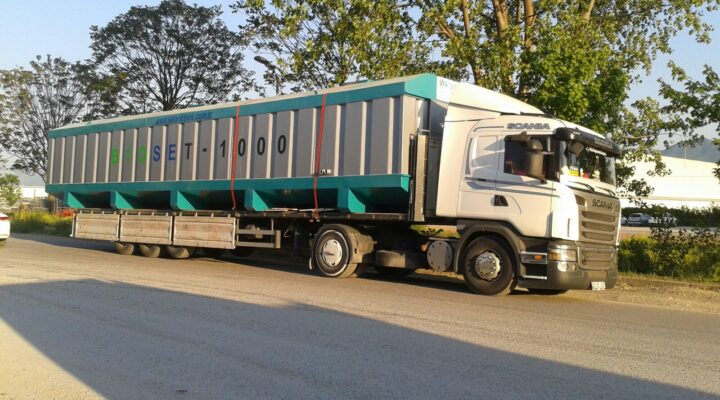Water is the most widely used raw material in the food and beverage industry. This industrial sector has a negative impact on the environment and economy as a result of increased water demand and wastewater production. SETAŞ, with its expert staff, treats wastewater originating from food and beverage production.
The food processing industry is one of the largest consumers of drinking water worldwide. It uses much more water per ton of product. Many factors affect the amount of water consumed in the food and beverage industry, such as the number of final products, the capacity of the facility, the type of production processes, the process equipment used and the cleaning processes. Wastewater from food operations is biodegradable and non-toxic, but contains high concentrations of biochemical oxygen demand (BOD) and suspended solids. Most of the water used in the beverage production industry is discharged to the sewer system.
The dairy industry is generally considered the largest source of food processing wastewater in many countries. The dairy industry wastewater has in general, contains high concentrations of organic matter such as proteins, carbohydrates and lipids, high concentrations of suspended solids, chlorides or high biological oxygen demand (BOD) and chemical oxygen demand (COD).
Since water is the main ingredient for mineral water, fruit juices, lemonade, beer and wine products produced in the beverage industry, water consumption in the industry constitutes one of the most important costs. In addition, a large amount of water is needed for washing, or equipment washing. This makes the consumption of spring water an important cost in beverage production. Substantially the water used in the beverage production industry is discharged to the sewer system. Setaş expert staff undertakes the treatment of beverage production wastewater.
Soft drink production contaminates process water with sugar and other easily biodegradable substances. Since wine production is done in a certain season, it causes seasonal load fluctuations, which can affect the treatment efficiency. As Setaş, we offer customized wastewater treatment systems according to the technical requirements of your production.
ASLI BÖREK-200 m3/day INDUSTRIAL WASTEWATER TREATMENT PLANT
Food industries wastewater has high oil content, as well as high BOD, COD and TKN values. At Aslı Börek Industrial wastewater treatment plant with a capacity of 200 m3/day; physical, chemical and biological treatment have place.
Domestic and industrial wastewater consisting of Aslı Börek production facilities are treated at the Industrial Wastewater Treatment Plant with a capacity of 200 m3/day, successfully provides the discharge limits of İSKİ Sewerage.
The treatment plant was engaged on 25.08.2022 and operated by Setaş experts for three months.
TATLIBAK 10 m3/day INDUSTRIAL WASTEWATER TREATMENT PLANT CONSTRUCTION WORK
Process wastewater of Tatlıbak Gıda production facilities in Dudullu OSB, Industrial Wastewater Treatment Plant with a capacity of 10 m3/day was completed and delivered in 2020. Food process wastewater is subjected to physical, chemical and biological treatment processes and İSKİ Sewerage discharge standards provided.
TURHAN CATERING BIOSET-100 WASTEWATER TREATMENT PLANT CONSTRUCTION WORK
The domestic wastewater of Turhan Catering company in Kocaeli is treated at the Bioset-100 package treatment plant of 20 m3/day. The company is a member of the food sector, and wastewater with high oil-grease and COD content of food wastewater is treated in the facility with a biological treatment process.
Quality Product
We offer our customers quality products at international standards.
Customer Satisfaction
We design our work on customer satisfaction.
Eco-Friendly
Our company "Save water, protect the environment!" works with the principle.

